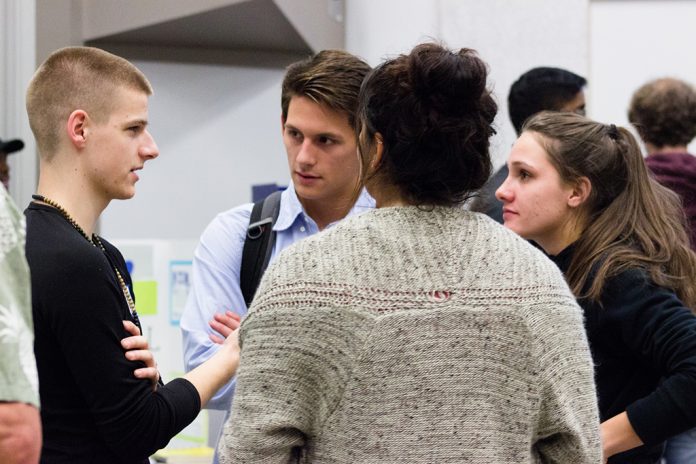What I think I’ve benefited most from a university education is the ability to second guess and examine my own reactions and beliefs. I’m not saying I do it thoroughly, or on every issue, but I do seek to try and understand different sides of an argument. At its worst, it’ll leave you stuck on the fence, knees quivering and frightened of picking a side, but at its best, conversations with others and allowing yourself to be open will expand your worldview.I’m not saying I do it thoroughly, or on every issue, but I do seek to try and understand different sides of an argument. At its worst, it’ll leave you stuck on the fence, knees quivering and frightened of picking a side, but at its best, conversations with others and allowing yourself to be open will expand your worldview.
I’m going to be honest, when I first heard the term “tone policing” my gut reaction was to chalk it up to overexaggerated Tumblr culture. You know the one, the kind that gets made fun of when social justice issues are raised, its advocates mocked for their sensitivity or anti-intellectualism. I think what had me off-put was that it was being brought up in contexts that I couldn’t understand, in conversations around experiences I never had. It was easy for me to dismiss. Generally, the term refers to silencing tactics when arguments are dismissed based on the emotion in which they are being said rather than the content of the message itself.
As it too often happens, sometimes we get caught up in labels and connotations rather than the meat of an issue. The fact is, I’ve always believed it’s an unfair tactic in practice, but I dismissed it when it was given a name and associated with groups I don’t identify with. That doesn’t sound very principled. Arguments based on class and wider society are what helped me draw the connection. Few things are won by asking politely, and it’s easy for those in power to ask others to calm down. Amber A’Lee Frost’s ***Current Affairs article “The Necessity of Political Vulgarity,” which highlighted “malicious political japery” as a “crucial rhetorical weapon of the politically excluded,” is a great place to start when considering how language and tone is policed by the powerful. Civil discussion is the ideal, but we don’t live in a perfect world.
Now, of course, there are caveats, lines that are necessarily drawn. When speaking to peers, when trying to have meaningful dialogue and platform building, we should expect some sobriety, or at least designate some sort of structure to the exchange. At the same time, we have to have a level of understanding for others. At times it can be frustrating, sure, but we should all approach the table with goodwill for a productive process and each other’s humanity.
In the realm of politics, though, I relish in choice words and high standards. I’m an idealist, I think we have it in us to do great good. Yet sometimes to get the conversations started, it takes a loud, brash, and passionate appeal. Part of a perfect world will be the freedom to call people out on their shit, and everyone focusing on the shit rather than your pointing. In that same regard, we should give Trump some credit for being straightforward with his bullshit, rather than trying to pretty it up with red paint and family values stickers. Look at how much easier it is to make decisions when people stop trying to beat around the bush or politely ruin your life.
Also, if I’ve missed the mark completely, I’d love to hear why. I’d love for more open dialogue on campus. If it ends up in more articles being submitted, that is just a bonus. You can contact me at panku@ufvcascade.ca.


